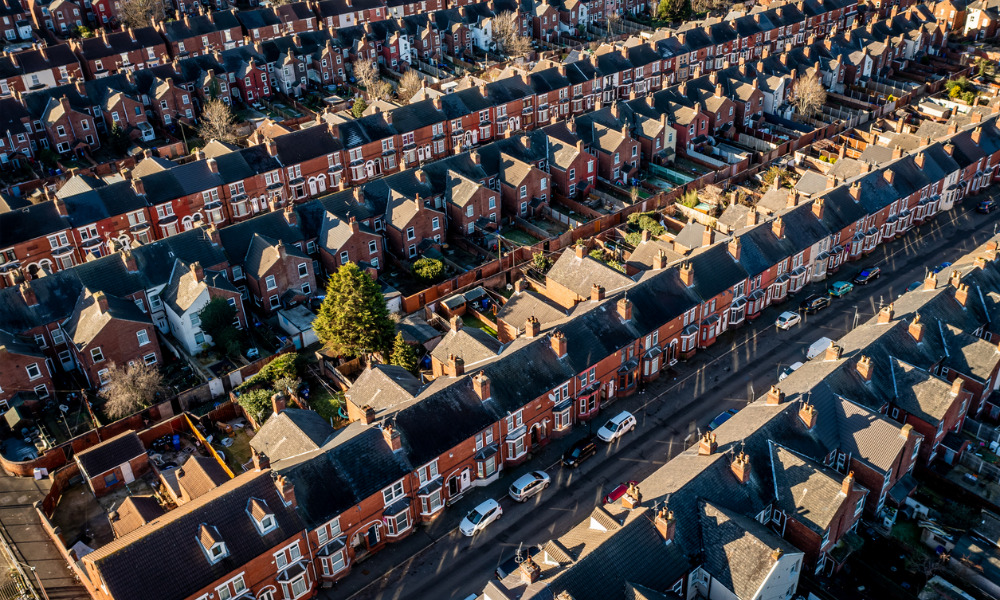Annual house price growth remains in negative territory

The average house price in June 2023 was £262,239, recording a modest 0.1% monthly increase in house prices from £260,736 in May, the Nationwide Building Society has reported.
However, annual house price growth remained in negative territory, with prices 3.5% less than this time last year.
“Annual house price growth was broadly stable at -3.5% in June, little changed from the 3.4% decline recorded in May,” Robert Gardner, chief economist at Nationwide Building Society, said. “Prices were also fairly stable over the month, rising by a modest 0.1%, after taking account of seasonal effects, reversing the 0.1% decline seen in May.”
The latest Nationwide House Price Index also revealed that all UK regions except Northern Ireland recorded annual price falls in the second quarter of the year, with East Anglia posting the largest drop with prices down 4.7% year-on-year.
“Longer term interest rates, which underpin mortgage pricing, have increased sharply in recent months, in response to data indicating that underlying inflation in the UK economy is not moderating as fast as expected,” Gardner added. “This has prompted investors to expect the Bank of England to increase its policy rate further and for it to remain higher for longer.
“Longer term borrowing costs have risen to levels similar to those prevailing in the wake of the mini budget last year, but this has yet to have the same negative impact on sentiment. For example, the number of mortgage applications has not yet declined, and indicators of consumer confidence have continued to improve, though they remain below long run averages.”
Chris Hodgkinson, managing director at House Buyer Bureau, commented that for those looking to sell, current market conditions are a tad hit and miss.
“We’ve seen fluctuating levels of buyer demand in recent months and, with house prices continuing to stutter due to a reduction in buyer purchasing power, many sellers are also unwilling to commit,” he said. “The result is more time spent on the market, while those that do secure a buyer are subject to longer transaction times and a heightened chance that their sale will fail to make the finish line.”
Ranald Mitchell, director of independent mortgage broker Charwin Private Clients, said sellers need to be more realistic with their asking prices, but the crash many are predicting is unlikely to materialise.
“The reason is supply, which is still very weak,” Mitchell pointed out. “There just aren’t enough properties for people to buy, and this will act as a glass floor under prices. The jobs market is also still holding up, for now at least.”
Gareth Lewis, managing director of property lender MT Finance, said the Nationwide figures were not surprising.
“Concern with affordability and rate rises means buyers can be a little more aggressive in their offers, which is why prices aren’t really moving,” he noted. “More people are wondering whether they are buying at the top of the market; it’s easy to turn around and question whether you should be doing it now.
“All these micro elements are resulting in buyers being more thorough with what they are purchasing and making sure it is fit for their short- to medium-term future.”
Any thoughts on the latest Nationwide House Price Index? Let us know by leaving a comment in the discussion box at the bottom of the page.



